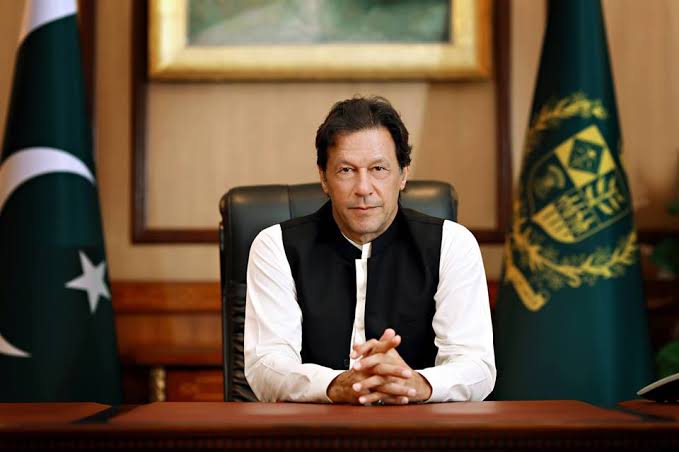
Writing in advance of the official state visit of Pakistan’s Prime Minister, Imran Khan, to Sri Lanka, Amnesty International has called on Pakistan’s leader to urge Sri Lanka to end its draconian policy of forced cremations and bring an end to the on-going discrimination faced by Muslims in Sri Lanka.
Amnesty’s statement further highlights that on 20 October, Khan had issued a letter calling on Muslim states to “act to counter growing Islamophobia in non-Muslim states”. In advance of his visit on 22 February, Sri Lankan Prime Minister Mahinda Rajapaksa claimed that Sri Lanka’s internationally condemned policy would be withdrawn but this claim was shortly rebuked by government minister Udaya Gammanpila. Gammanpila claimed that the final decision will be made by the Director-General of Health Services Dr Asela Gunawardena.
Amnesty’s statement highlights that this decision was not based on scientific concern as “Ministry of Health guidelines originally permitting both burials and cremations, and guidance from the World Health Organization (WHO), Government-appointed expert groups, and other expert bodies sanctioning both cremations and burials for COVID-19 victims”.
The report goes on to note that UN experts have described the policy as a human rights violation that is “based on discrimination, aggressive nationalism and ethnocentrism amounting to the persecution of Muslims and other minorities in the country”. Amnesty further slams Sri Lanka’s policy noting that the government “has yet to provide credible reasoning behind this seemingly arbitrary policy which continues to cause the Muslim community immeasurable grief”.
This disregard for religious rights, Amnesty notes, is a violation of Sri Lanka’s own constitution, particularly Articles 10 and 12 which expressly protects the freedom of religion, as well as the International Covenant on Civil and Political Rights (ICCPR), to which Sri Lanka has acceded.
The statement concludes again calling on Khan to “raise this issue of forced cremations at the highest levels possible during your visit to Sri Lanka, in solidarity with a minority community who has been stripped of any means of recourse”.
Shreen Saroor, a women’s rights activist and co-founder of the Women’s Action Network, has raised concerns that Khan may “negotiate a deal with the Sri Lankan regime to restore Muslim burial rights while in turn offering Pakistan’s support to Sri Lankan diplomatic efforts to reject the (UN) Human Rights Council resolution".
Read Amnesty's full statement here.
We need your support
Sri Lanka is one of the most dangerous places in the world to be a journalist. Tamil journalists are particularly at threat, with at least 41 media workers known to have been killed by the Sri Lankan state or its paramilitaries during and after the armed conflict.
Despite the risks, our team on the ground remain committed to providing detailed and accurate reporting of developments in the Tamil homeland, across the island and around the world, as well as providing expert analysis and insight from the Tamil point of view
We need your support in keeping our journalism going. Support our work today.
For more ways to donate visit https://donate.tamilguardian.com.

